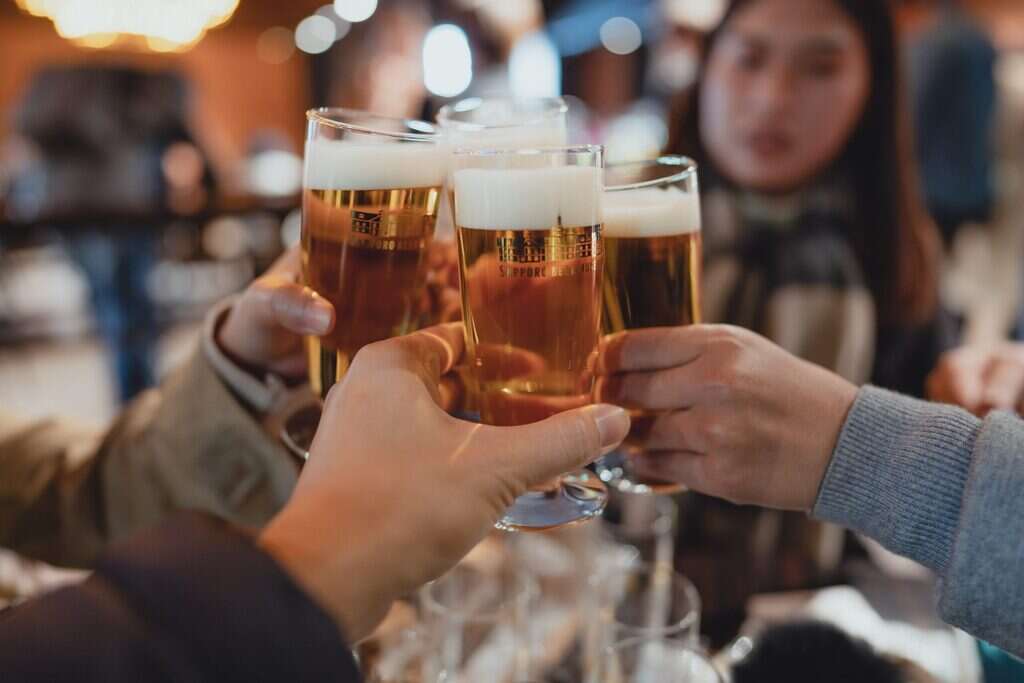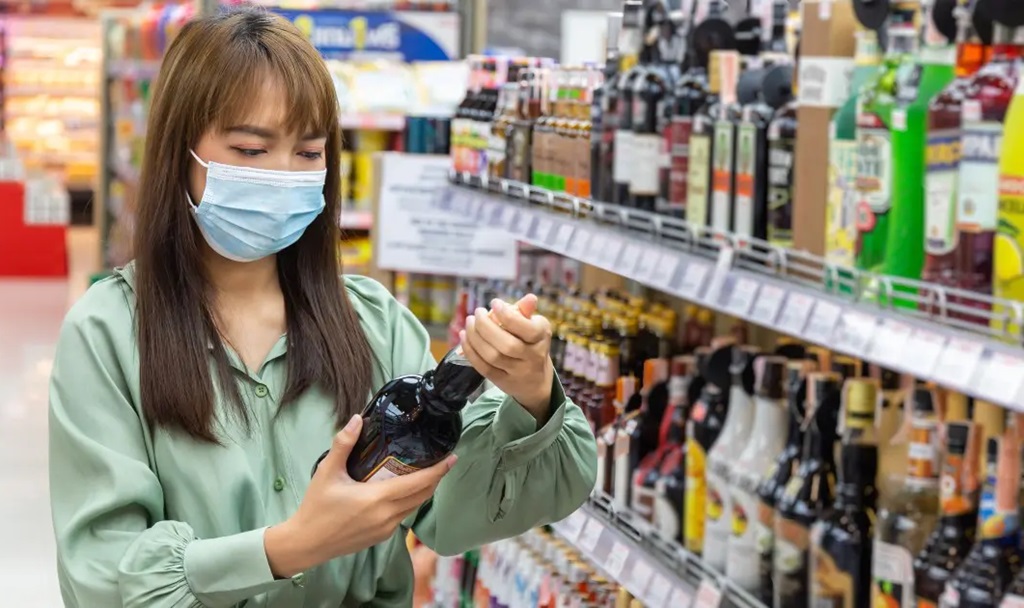In an effort to stimulate tourist and domestic spending, Thailand’s Revenue Department reduced tax rates on alcohol and nightlife venues, which went into effect on Friday.
Revenue Department director-general Ekniti Nitithanprapas stated that the new tax rates are consistent with measures authorised by the cabinet on January 2 to promote Thailand as a tourism centre.
“The government hopes to create an atmosphere fitting for a tourist destination, make Thailand a centre for restaurants and eateries, presenting an alternative to consumers and bolstering its pricing strategy, in order to encourage more tourist spending and attract more high-quality foreign visitors,” he said.
The ad valorem tax rate on grape wine and sparkling grape wine has been decreased from 10% to 5%, while the quantity tax rate (baht per litre per 100 proof alcohol) has been reduced from 1,500 to 1,000 baht.
To use a real-world example, if a 750ml bottle of wine has a declared price of 1,000 baht and an alcohol content of 12%, the alcohol content tax would be 135 baht (0.75x12x1500/100) at the 1,500 baht rate.
The additional excise tax (10% of 1,135 baht) would be 113 baht, raising the total price to 1,248 baht. The new estimate, based on the 1,000-baht and 5% rates, yields a price of 1,145 baht.
The ad valorem and quantity tax rates on fruit wines have been cut from 10% to 0% and 900 baht, respectively.
The ad valorem tax rate and the tax rate based on quantity for local liquors (less than 7 proof alcohol) have been reduced from 10% to 0% and 150 baht, respectively, while the ad valorem tax rate and the tax rate based on quantity for fermented liquor mixed with distilled spirits (more than 7 proof alcohol) remain 10% and 255 baht, respectively.
From Friday to December 31, the ad valorem tax rate for nighttime entertainment venues, such as nightclubs, pubs, and bars, will be decreased from 10% to 5%.
Mr Ekniti stated that the new tax rates will result in lower alcoholic beverage prices, as well as increased tourism and spending, because alcohol prices are being utilised as a stimulus tactic to entice international visitors to visit Thailand.
The tax savings for nightlife establishments are short-term measures, effective until the end of the year, to assist operators afflicted by the coronavirus illness (Covid) in regaining their footing while also increasing domestic employment, he stated.
However, Thanakorn Kuptajitti, counsel to the Thai Alcohol Beverage Business Association, claims that the new tax reduction will only benefit a small number of alcoholic beverage companies, as stated in the statement.
Overall, the new tax measures do not encourage excessive alcohol consumption because the number of people who consume wine is small, but the majority drink fermented spirits, whisky, brandy and lager. According to Mr Thanakorn, the new tax reduction exclude certain forms of alcoholic beverages.
Instead, he believes the government should abolish the ban on alcohol sales between 2 and 5 p.m., which would help promote tourism and expenditure.
The restriction prohibiting alcohol sales from 2 p.m. to 5 p.m. daily has been in effect for more than 50 years and is difficult for restaurant owners because international guests typically ask them to explain why they cannot buy during that time.
Last year, the government extended bar and club hours to attract more people and strengthen the economy. The new rules allow clubs to stay open later, enabling both locals and tourists to enjoy the thriving nightlife scene.
This move intends to increase economic opportunities and revitalise the entertainment industry after the pandemic. By expanding operation hours, officials seek to improve the overall experience for customers and increase foot traffic to these businesses.
Thailand’s Alcohol Hours to Stay Put for Now
Bid to Change Thailand’s Archaic Alcohol Sales Hours Rejected








